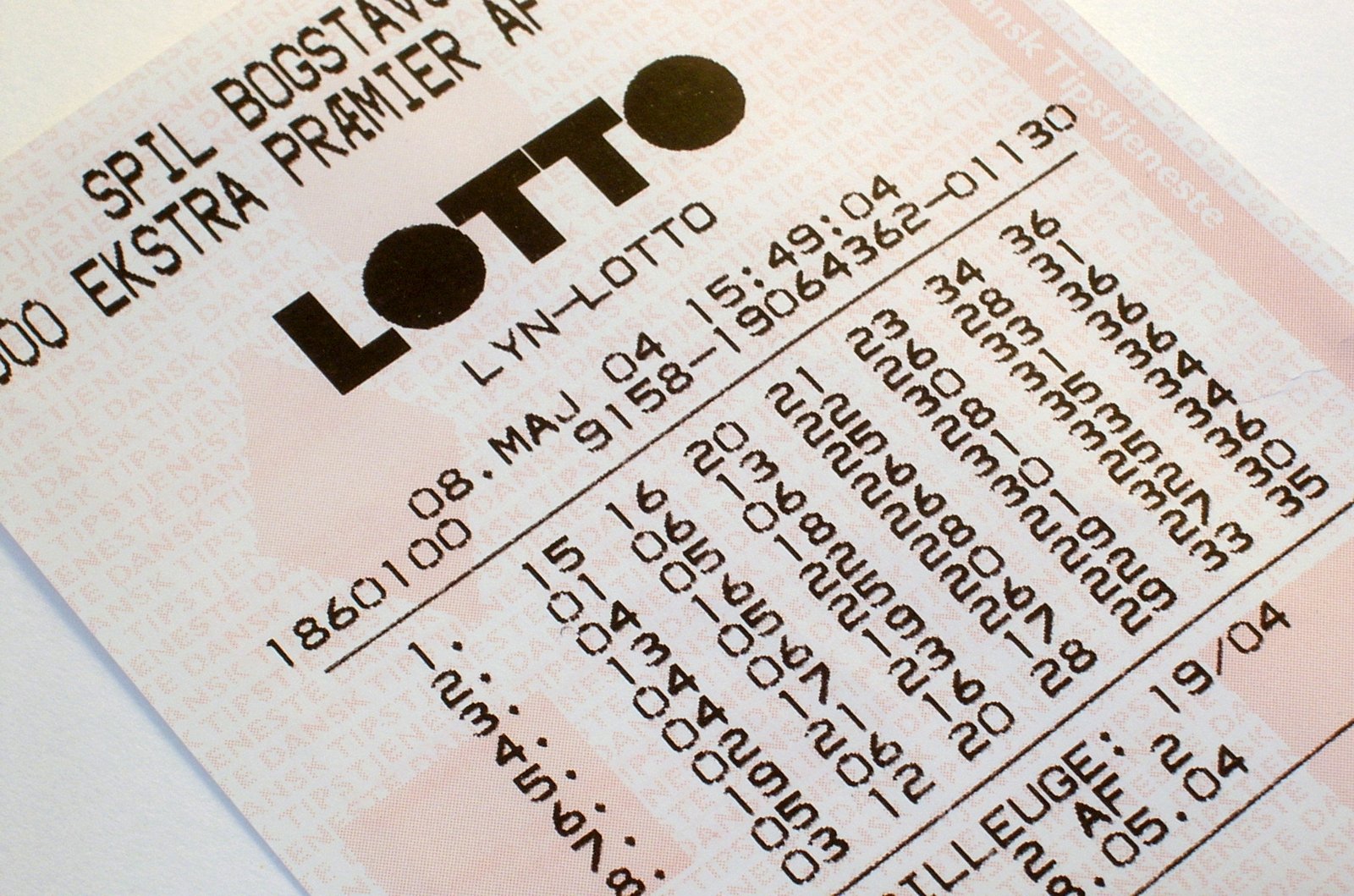Across the United States, it is not uncommon to see billboards and advertisements for a local lottery. These are often joined by other joint lotteries, some of which cover several states. While the variety is seemingly endless, all the ads and sponsorships of the games share one trait: a warning. Often found in the fine print of a ticket or displayed along the bottom of a massive billboard, some variation of the following wording is included by the organizations running the lotteries: “Not to be used for investment, retirement or savings purposes.”
These warnings hardly seem necessary. The odds of winning big at the lottery are one in tens of thousands, often millions. And yet, people keep purchasing tickets and entries, especially the poor. Nationally, according to a survey from the Consumer Federation of America, 21 percent of Americans believe the lottery is the most effective and practical strategy to accumulate several hundred thousand dollars. This percentage jumps to 38 percent for low-income respondents.
Herein lies one of the most difficult problems facing anyone concerned with poverty alleviation: a lack of basic financial literacy. Whether it relates to wealth accumulation, credit-card debt, or simply saving money for a rainy day, financial literacy around the globe is remarkably low.
A study by Clever in 2019 found that 47 percent of American credit-card holders do not pay the full amount due each month despite exorbitant interest rates. Similarly, a survey in England found that one-quarter of adults did not realize that pensions were often invested in the stock market.
This lack of knowledge has serious repercussions for programs, especially those aimed at breaking the devastating cyclical poverty that is all too common in inner cities as well as poor rural regions. Without the proper accompanying financial literacy, all the money in the world will not solve the plight of those families caught in the cycle of poverty. Thankfully, the problem of financial illiteracy is gaining more attention worldwide, leading to new efforts and organizations stepping forward to help those in need.
One of the most successful and well-known organizations is the nonprofit Operation HOPE. Founded in 1992 after the Rodney King riots in Los Angeles, Operation HOPE’s stated goal is to “make free enterprise work for everyone,” especially focusing on the working poor and the struggling middle class. Its main weapon of choice in this fight for those in need: financial literacy.
For example, an initiative of Operation HOPE called Banking on Our Future aims to break the cycles of poverty related to high-risk youths by teaching basic financial skills. Classes are offered free through schools or through the community. Fully trained volunteer teachers focus on financial empowerment, responsibility and hope by teaching basic skills that might seem second nature to some people. Simple topics are covered, such as savings accounts, checking accounts, how to properly use credit cards, and the need for savings.
Another program is 700 Credit Score Communities. Usually targeted at underserved neighborhoods and adults, this program focuses on helping people avoid the debt spiral common in poor families. Operation HOPE provides community members with a credit report, free one-on-one consultations, assistance with credit disputes, money management workshops, and budget preparation services.
While the availability of these programs is commendable, the best part is that the programs are showing a significant effect. Parents and children who participate have better credit scores, less debt and, most important, increased savings. Through the dedicated work of organizations like Operation HOPE, we can break the cycle of poverty and maximize the effectiveness of aid given to those in need.
By John Hoffmire
John Hoffmire is Chairman of the Center on Business and Poverty. He also holds the Carmen Porco Chair of Sustainable Business at the Center.
Ben Young, did the research for this article.
Ben Young is an Analytics Consultant with InterWorks.





